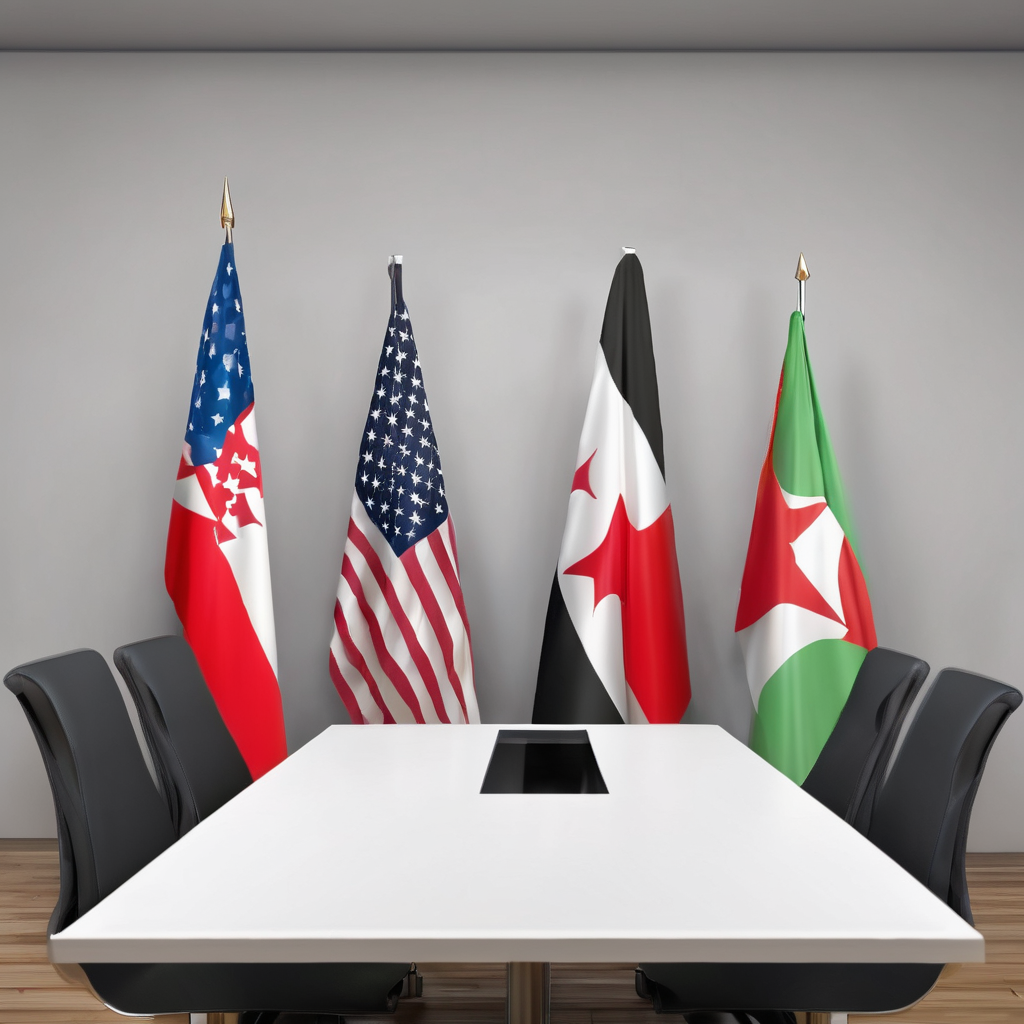The United States and Britain have lifted sanctions on Syrian President Ahmad al-Sharaa, a decision announced shortly after the United Nations Security Council took similar action ahead of Sharaa’s upcoming meeting with U.S. President Donald Trump. This follows a series of diplomatic moves intended to re-establish Syria’s ties with the international community since the removal of former President Bashar al-Assad. The European Union has indicated it will also remove corresponding sanctions.
The sanctions on Sharaa, as well as on Syria’s Interior Minister Anas Khattab, had previously been linked to their designation as Specially Designated Global Terrorists due to their earlier affiliations with groups like al-Qaeda. The U.S. State Department justifies this recent decision as a response to “progress demonstrated by the Syrian leadership” in areas such as counter-narcotics measures, chemical weapons elimination, and enhanced regional security.
Britain had already lifted some sanctions on Syria in April, while the EU removed its economic sanctions last month, maintaining only the arms and security restrictions. The European Commission emphasized its commitment to supporting a peaceful transition in Syria, highlighting the importance of a Syrian-led process in rebuilding the nation. Washington has been advocating for eased sanctions for several months, reflecting an evolving U.S. policy aimed at facilitating recovery from the ongoing humanitarian crisis in Syria.
President Trump is set to meet with Sharaa at the White House, marking the first visit by a Syrian leader to the U.S. since the onset of the Syrian civil war. Trump’s administration has advocated for lifting sanctions to foster better relations and assist in stabilization efforts in Syria, particularly as Trump signifies a shift of U.S. policy with the hopes of connecting Sharaa’s government closer to the Abraham Accords with Israel. This relationship-building is intended to counterbalance Iranian influence in the region.
Sharaa’s ascension to the presidency comes after his predecessor was ousted by militant forces last December. He has since been on a diplomatic campaign to reconnect Syria with major global powers, taking multiple trips to strengthen ties with Gulf states. However, despite the lifted sanctions, challenges remain due to Sharaa’s controversial past and the skepticism from various political factions, particularly from Israel.
Although the lifting of sanctions is seen as a possible turning point that may enhance humanitarian aid and investment, it rolls out in a context of cautious optimism. Multiple U.S. political figures have expressed that this strategy might help stabilize not just Syria but enhance broader regional peace. The complexities of Syria’s internal dynamics, paired with previous conflicts, will undoubtedly shape the future, but there exists a growing sense of hope for reconstruction and recovery.
